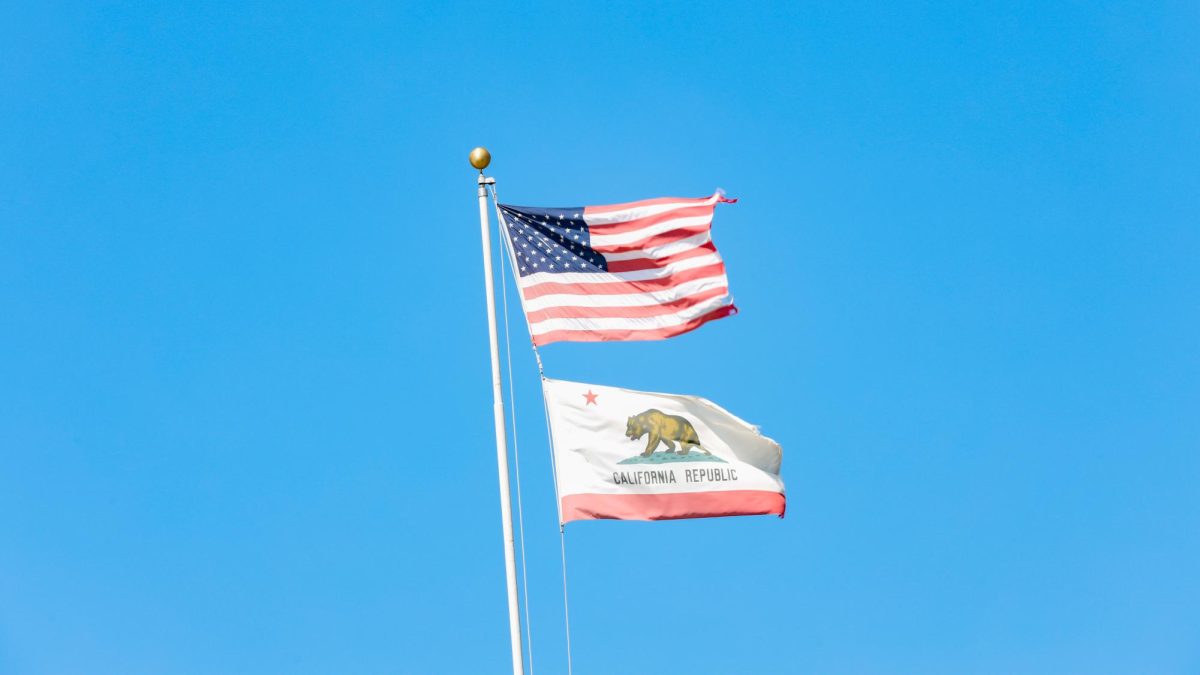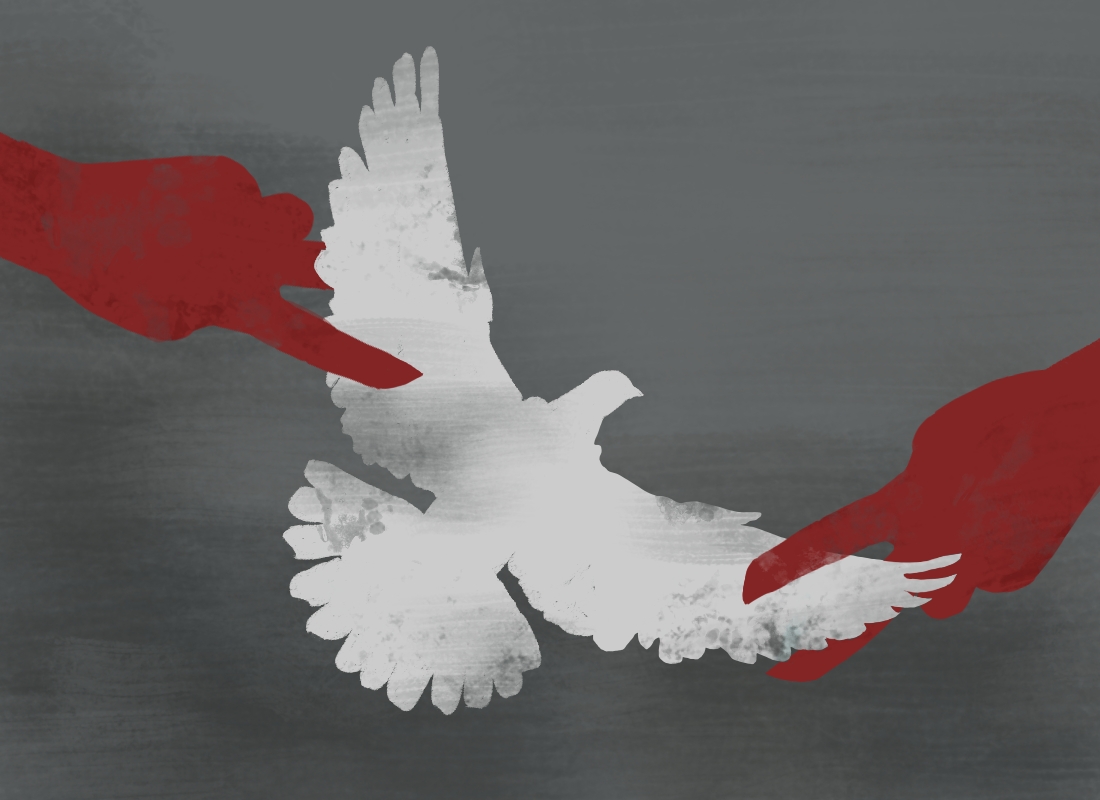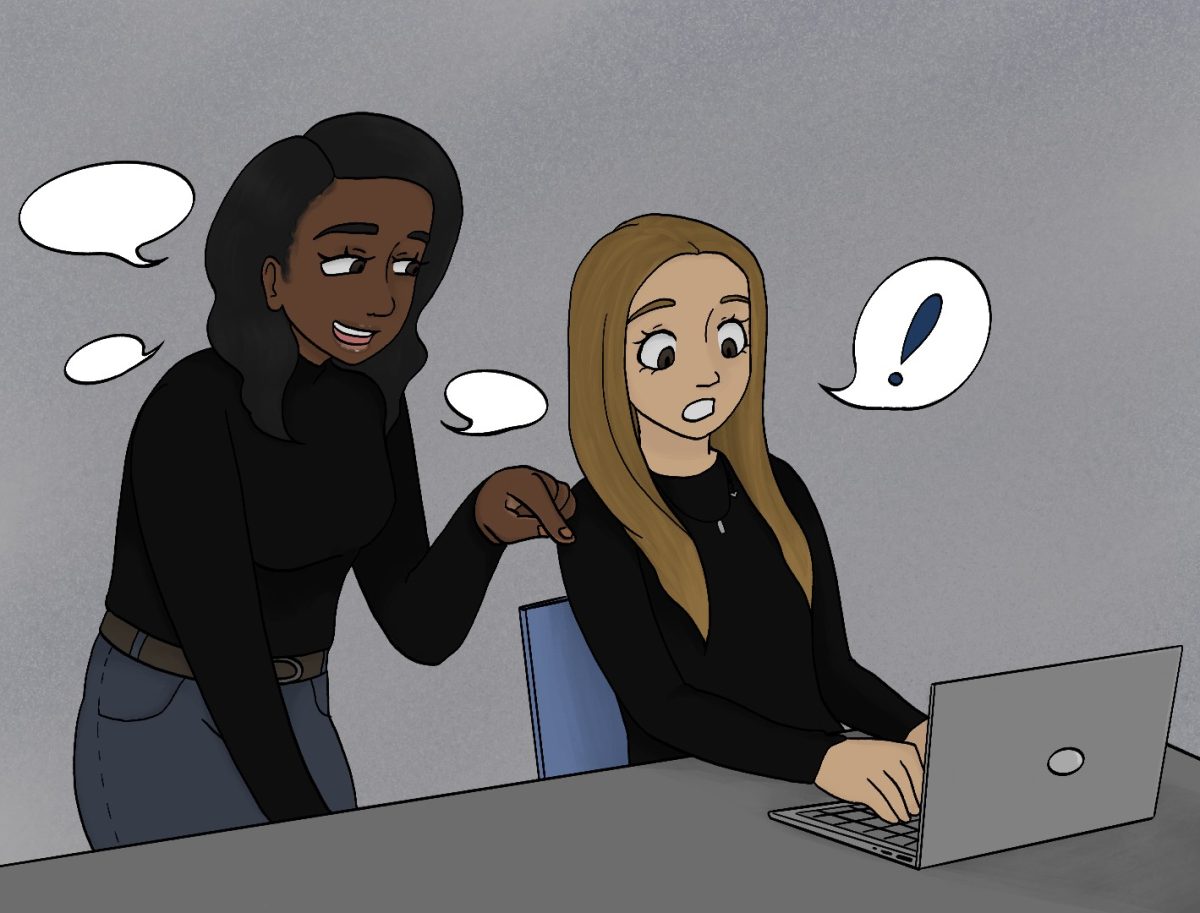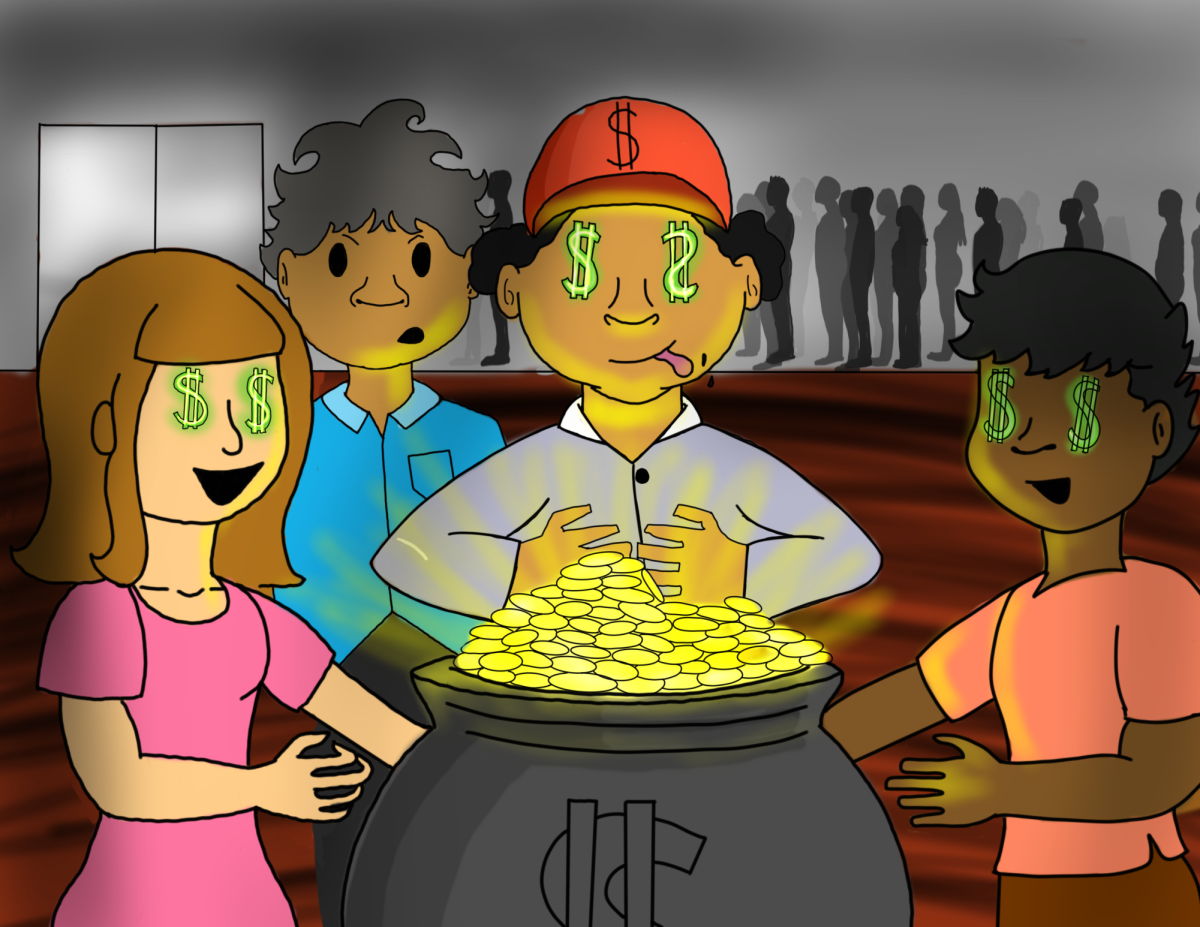I grew up with the challenge of learning to balance two cultures. To think that I am bilingual shocks me, since all I hear, read, listen and speak the majority of the time is English.
After taking two anthropology classes this past fall semester, my professor’s eagerness and passion while lecturing about language and culture infused a tremendously unique perspective hidden in me all along when I found myself writing a required in-class essay on language extinction, in which I was able to connect and appreciate the cultural background I grew up in.
I find myself speaking Spanglish to my mother in moments because I struggle to come up with legitimate sentences and vocabulary words in Spanish.
It’s not because I intentionally mean to, but because the words I process before communicating with her speak the best of my ability to deliver the most effective message through the English language. As the oldest in my family, my Spanish is much better than my sister’s and her Spanish is better than my brother’s.
As generations continue to progress at a rapid pace, newer generations seem to put less emphasis on speaking a second language.
The only excuses for learning a second language are because their parents didn’t teach them their native language, it’s a high school requirement, or they do not have the time and effort to devote to learning a completely different language.
When a language dies, so does the culture. The diversity of cultures in America has managed to sustain itself at a steady rate. But let’s face it. The new incoming generations will only learn to communicate through the English language.
Language change is occurring globally. Several factors that pinpoint this current issue are the excessive spread of industrialization and urbanization in remote areas. Is it necessary to care about small, isolated groups hidden in remote places around this world?
Maybe not. But perhaps we could benefit greatly from learning about a unique culture and the language they speak.








